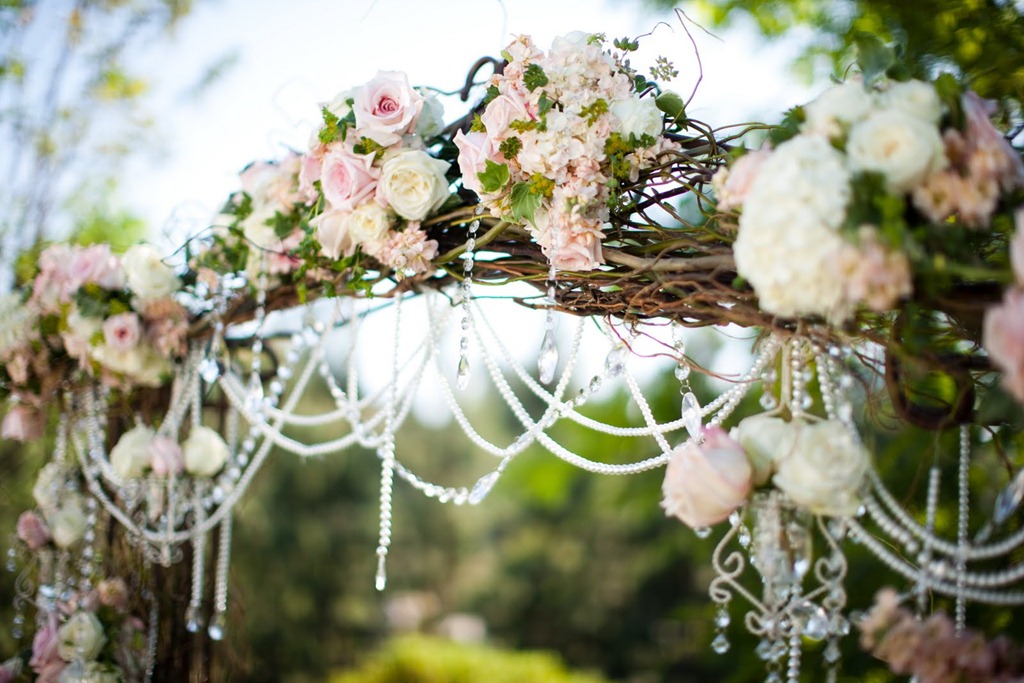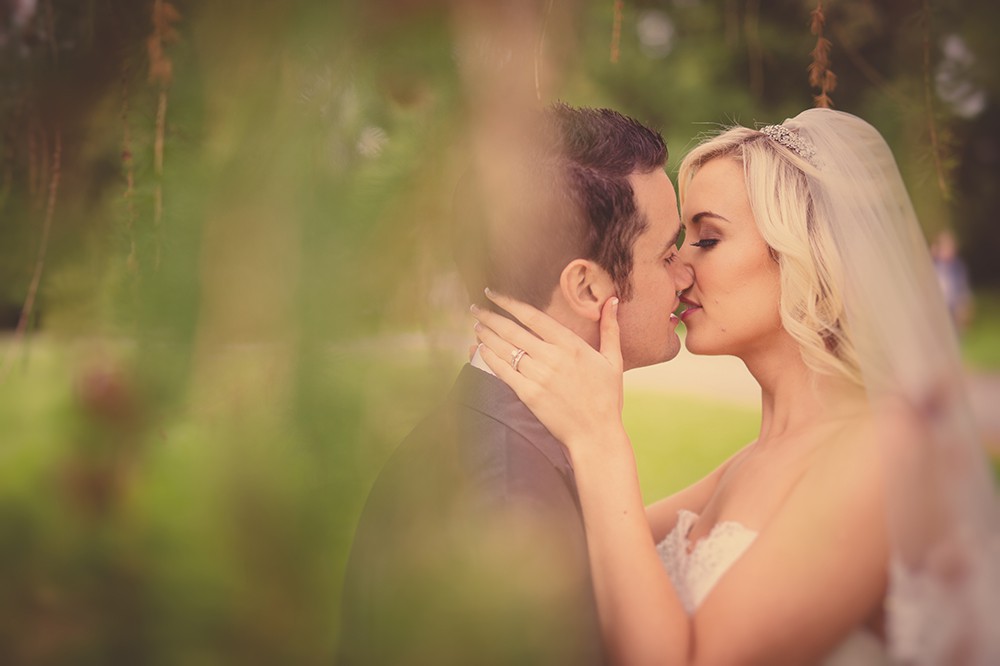While the wedding details, ideas, decorations and fashion are all very important parts of getting married, making sure it’s all legal and done properly is an essential part.
WHAT YOU NEED
Whether you’re choosing a civil or religious ceremony, all couples must notify the State, at least three months before they intend to get married and there is a notification fee of €200.
When attending your notification appointment, you must have passports, birth certificates, PPS numbers and details of the ceremony, such as the date and location, the type of ceremony and, the details of your celebrant and the names and dates of birth of your witnesses.
For Catholic ceremonies you will also need a baptismal certificate and a confirmation certificate. Most parishes will also require you to attend a pre-marriage course. If you are not getting married in the parish you grew up in, you will also need a Letter of Freedom from your parish priest.
DIFFERENT OPTIONS FOR GETTING MARRIED
Religious ceremonies
It will be unlikely that you will be able to have a Catholic wedding if one of you has been married before.
If one of you is not Catholic it will still be possible to have a Catholic ceremony, although you will need dispensation from the bishop
Make sure you book your priest and church in plenty of time, and notify him again 4-6 months before the wedding to discuss arrangements.
Civil ceremonies
Couples can simply opt for a civil ceremony. If you are choosing to have a civil ceremony outside a registry office, your venue must be approved in advance.
You must register with the registrar in the county you intend to get married in.
Civil ceremonies only take place Monday-Friday and never at weekends so make sure you bear this in mind when choosing your date.
Alternative ceremonies
If you would like a more creative wedding in a unique wedding outside the constraints of approved wedding venues, it is possible and since the clarification of legislation last year, it’s even possible to get married outdoors.
Marry Me Ireland is Ireland’s only professionally accredited celebrant organisation. While they cannot yet be witness to a legal marriage or partnership, couples can opt to make appointments and legally sign the register with a registrar and their two witnesses separately to the ceremony itself.
This gives couples the freedom to choose where they want to have their ceremony without restrictions on their venue. They offer non-religious, semi-religious, mixed faith, spiritual and holistic ceremonies.
Image credits: Ceremony arch: Pinterest | Ceremony 1: Peter Thomas Photography | Ceremony 2: Nancy Neil Photography via Once Wed | Ceremony 3: Steven Michael Photography | Ceremony 4: Orange Turtle Photography via Ruffled




